Gastroenterology Treatment in Iran
Gastroenterology is the branch of medicine that deals with the digestive system, encompassing organs like the esophagus, stomach, intestines, liver, pancreas, and gallbladder. A wide range of treatments fall under this umbrella, from non-invasive procedures like endoscopy to complex surgeries for conditions like colon cancer. Here’s a breakdown of some common gastroenterology treatment in Iran and their cost ranges:
-
Endoscopy: This minimally invasive procedure involves inserting a thin, flexible tube with a camera into the digestive tract to diagnose and treat various conditions. Cost: ~$300-500 USD
-
Colonoscopy: A type of endoscopy that examines the entire colon for polyps, cancer, and other abnormalities. Cost: ~$200-400 USD
-
ERCP (Endoscopic Retrograde Cholangiopancreatography): Combines X-rays and endoscopy to diagnose and treat problems in the bile ducts and pancreatic ducts. Cost: ~$450-1100 USD
-
Laparoscopic Surgery: Minimally invasive surgery performed through small incisions in the abdomen for procedures like gallbladder removal (cholecystectomy) and hernia repair. Cost: ~$1600-3000 USD
-
Bariatric Surgery: Procedures like sleeve gastrectomy and gastric bypass are performed for weight loss by restricting stomach size or altering the digestive system. Cost: ~$4000-8000 USD
-
Complex Abdominal Surgeries: Procedures for conditions like colon cancer or pancreatic cancer can be more expensive. Cost: ~$8000-20,000 USD (or more depending on complexity like liver transplant)

